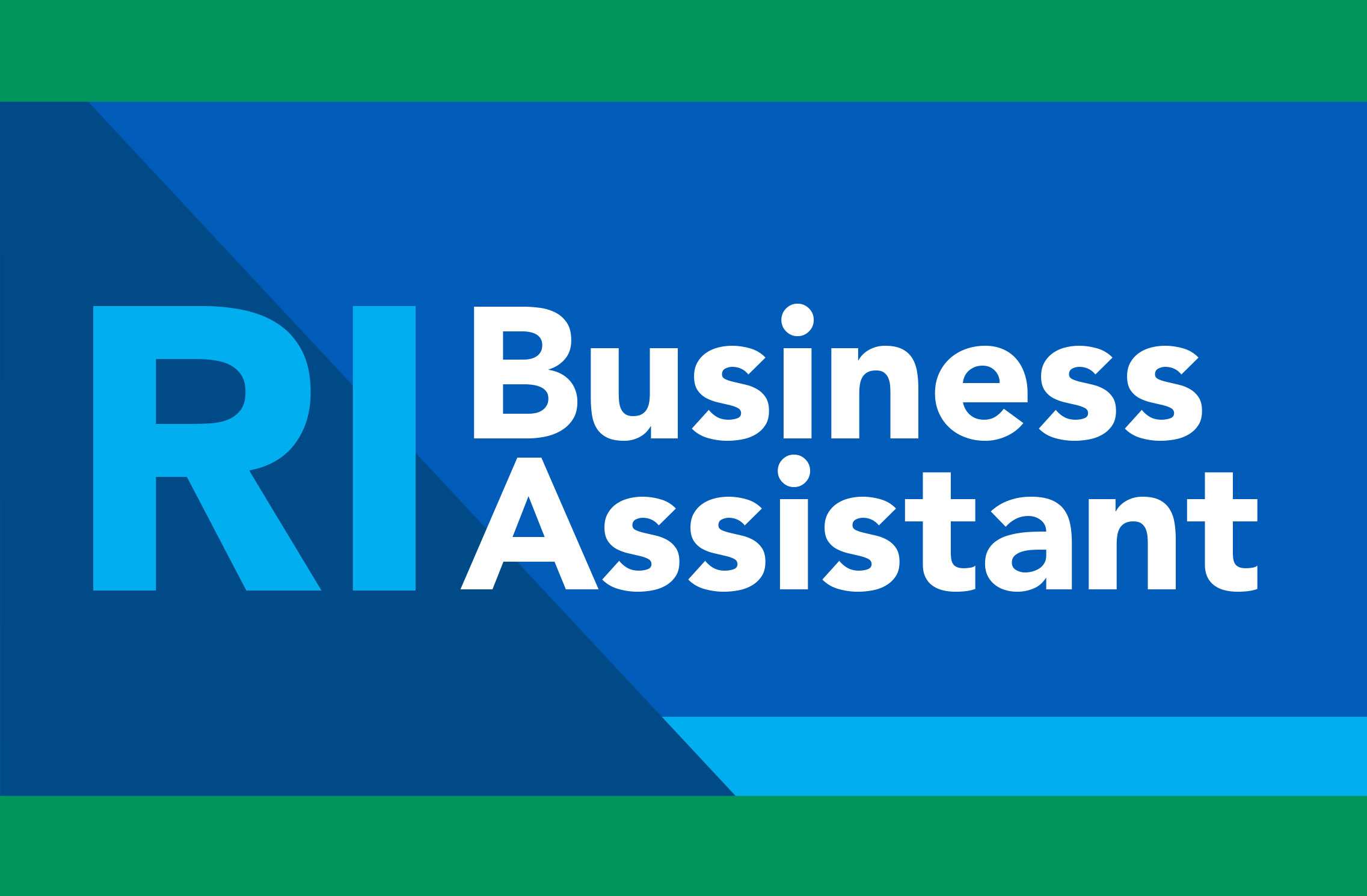Social Enterprise
There are several options available to business owners who want to operate a for-profit business that has a positive environmental or social impact.
What is social enterprise?
Social enterprise describes businesses that are designed to address a social or environmental need as well as make a profit.
Social enterprise can also be used to describe the type of business tools (legal structures) that are available to identify and operate social-minded businesses.
What legal structures are available in RI?
Business Corporations
Benefit Corporation and Professional Service Benefit Corporation
In RI a benefit corporation is a filing option for new and existing business corporations. This for-profit business legally defines a social mission that is combined with its financial goals. Benefit corporations can be formed to impact society, workers, the community, the environment, or any other identifiable benefit for society.
It’s important to know that benefit corporations are businesses and are not eligible for federal tax exempt status. The benefit corporation structure also requires more transparency and detailed reporting than a traditional corporation. A benefit corporation must file an annual report with the RI Department of State between February 1 and May 1 each year.
Doctors, lawyers, and other licensed professionals defined in R.I. Gen. Laws Chapter 7-5.1 can also choose to form a Professional Service Benefit Corporation. In addition to meeting the requirements of a RI Benefit Corporation, a Professional Service Benefit Corporation must also meet the filing requirements of a Professional Service Corporation.
Limited Liability Company
Low-profit limited liability company (L3C)
An L3C is a hybrid non-profit/for-profit entity. It is not a traditional LLC, as the expectation with an L3C is that you make little to no regular profits. In RI, an L3C is a filing option for new and existing companies. In order to form an L3C, the company’s primary purpose must be charitable or educational; however, it can also make a profit.
It’s important to know that L3Cs are businesses and are not eligible for federal tax exempt status. An L3C must file an annual report with the RI Department of State between February 1 and May 1 each year.
There are specific requirements for operating an L3C in Rhode Island. To learn more, review R.I. Gen. Laws § 7-16-76.
Cooperatives
A cooperative is an entity structure formed by an association of persons or organizations to meet a common economic, social, or cultural need. Owned and democratically controlled, a cooperative is run by and for its members. A cooperative can be a formed for a profit or a non-profit purpose.
In RI there are several specific types of cooperatives:
Workers’ Cooperative
A for-profit corporation that is owned and managed by its workers. This structure is available to new or existing business corporations. See R.I. Gen. Laws Chapter 7-6.2.
Producers’ Cooperative
A non-profit cooperative association of five or more persons or organizations engaged in the production of agricultural products. See R.I. Gen. Laws Chapter 7-7.
Housing Cooperative
This cooperative structure is available to new or existing profit or non-profit entities to provide safe, decent and affordable housing by developing, acquiring, owning and operating multifamily housing. See R.I. Gen. Laws Chapter 7-6.1.
Consumers’ Cooperative
A for-profit corporation formed for the mutual benefit of its patrons as the ultimate consumers. Consumers’ cooperatives can also be formed by associations benefiting from all things related to catching, processing, storing, transporting, marketing and distributing fish and other aquatic products of all kinds. See R.I. Gen. Laws Chapter 7-8.
Who can help?
RI has a very active social enterprise community. We suggest you connect with like-minded businesses and organizations. Social Enterprise Greenhouse (SEG) is a place to start. SEG’s mission is to create positive social and economic impacts by supporting social entrepreneurs and enterprises with the tools and networks they need to thrive.
What should I do next?
Before you file for any of the social enterprise structures, we recommend you consult with an attorney, accountant or other business advisor to make sure the entity is right for you. Many of our partners offer free, expert guidance to help you plan and start your social enterprise. These resources and descriptions can be found in the Your Plan section of our Business Basics.
Foreign (out-of-state) social enterprises that want to do business in RI should see the Register Your Business section of our website to obtain a certificate of authority or email our office at [email protected] for more information.

